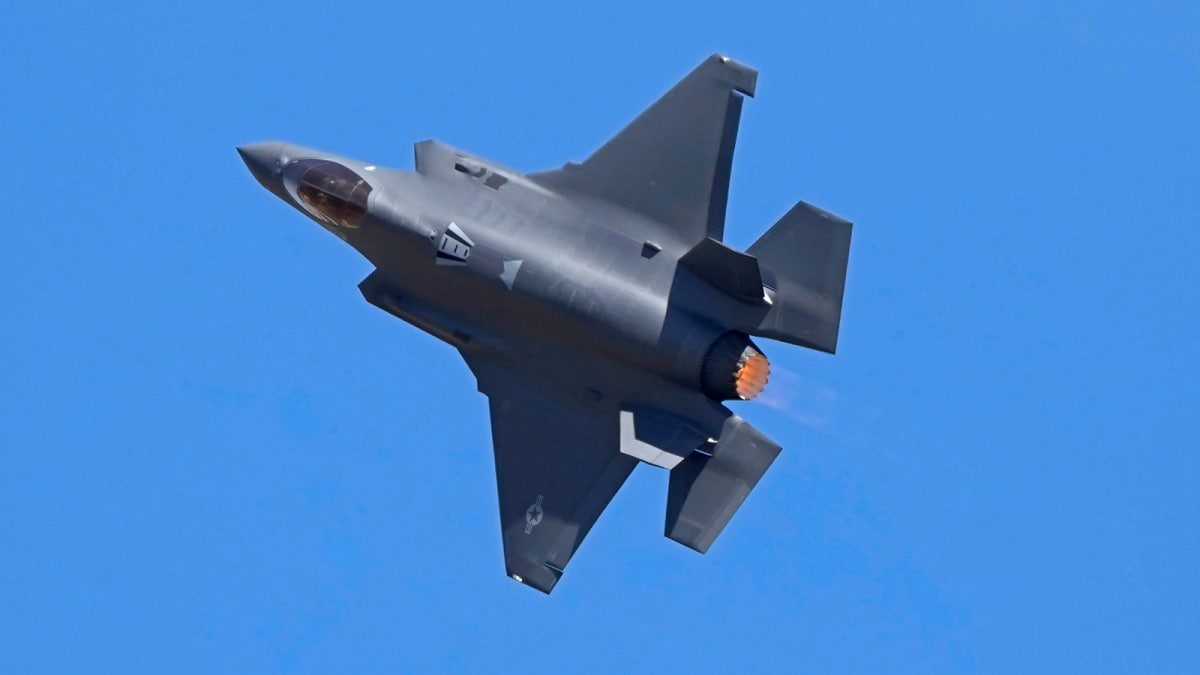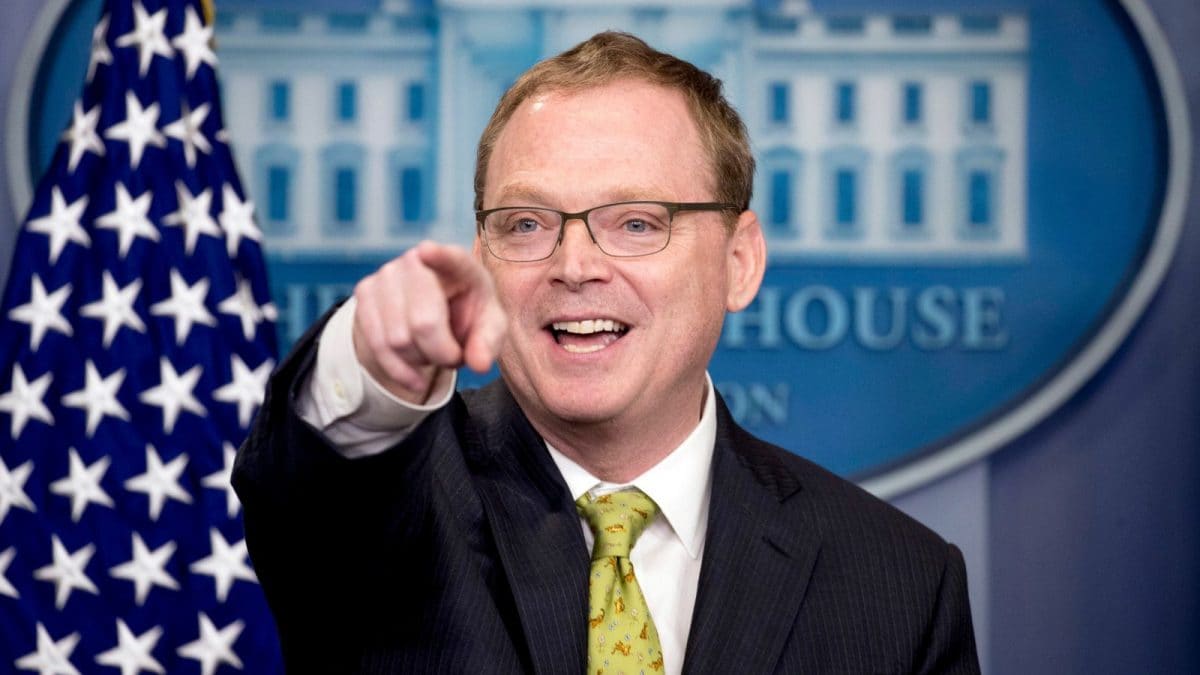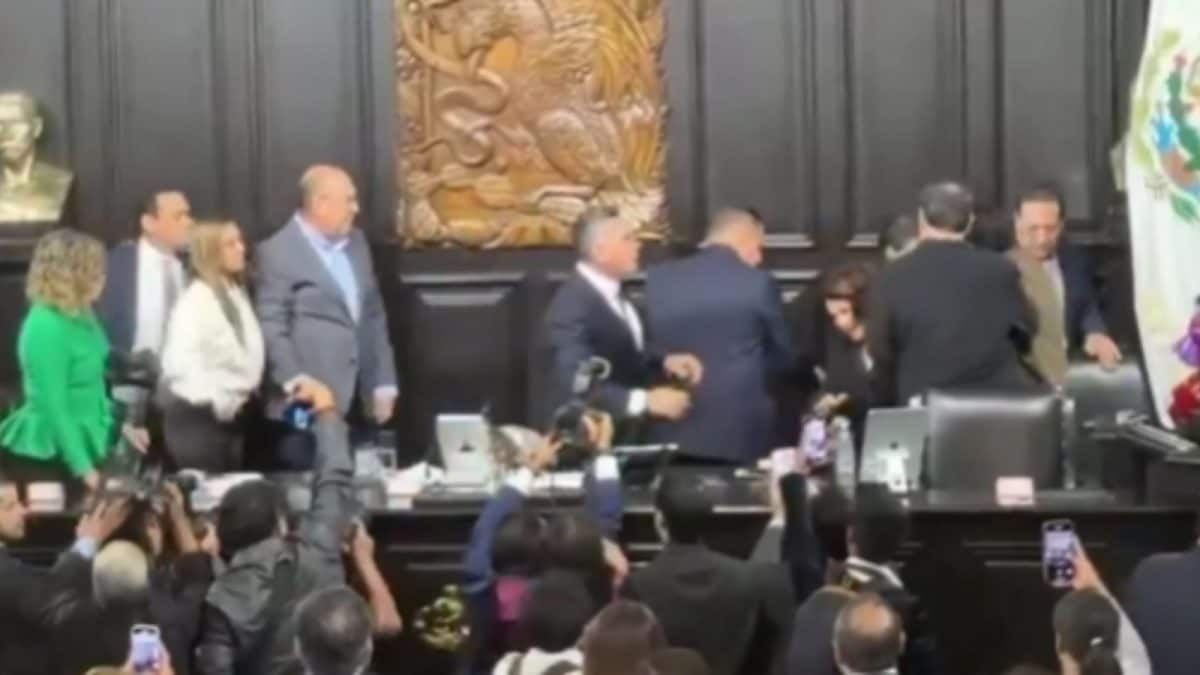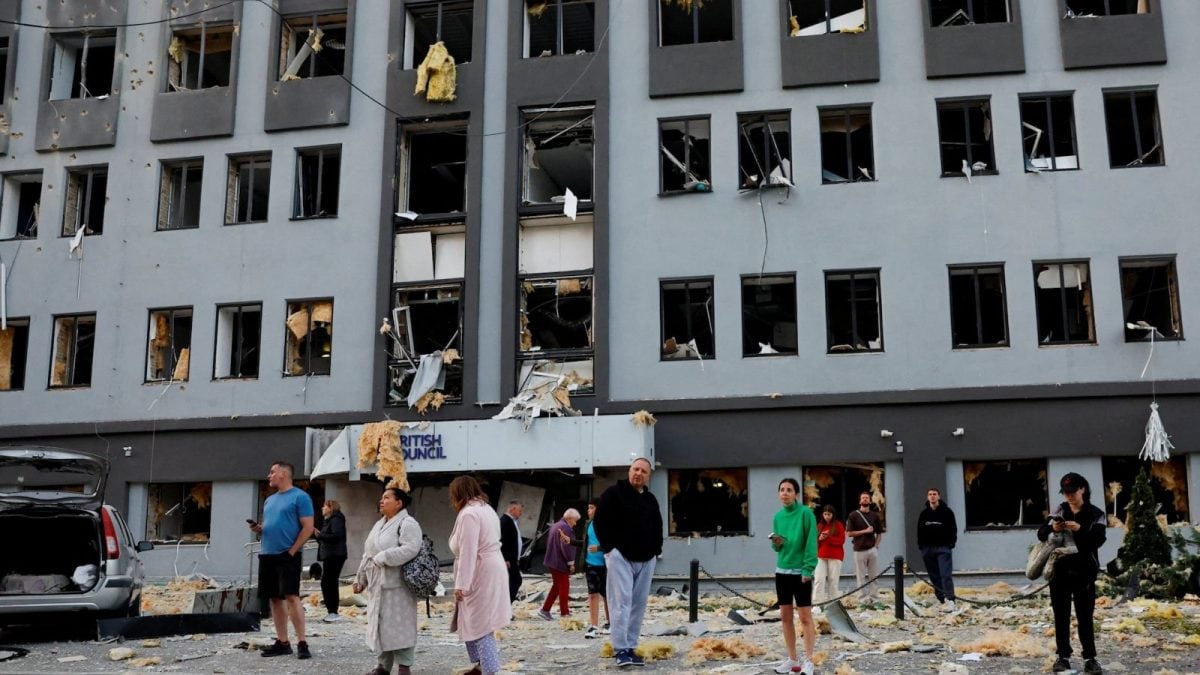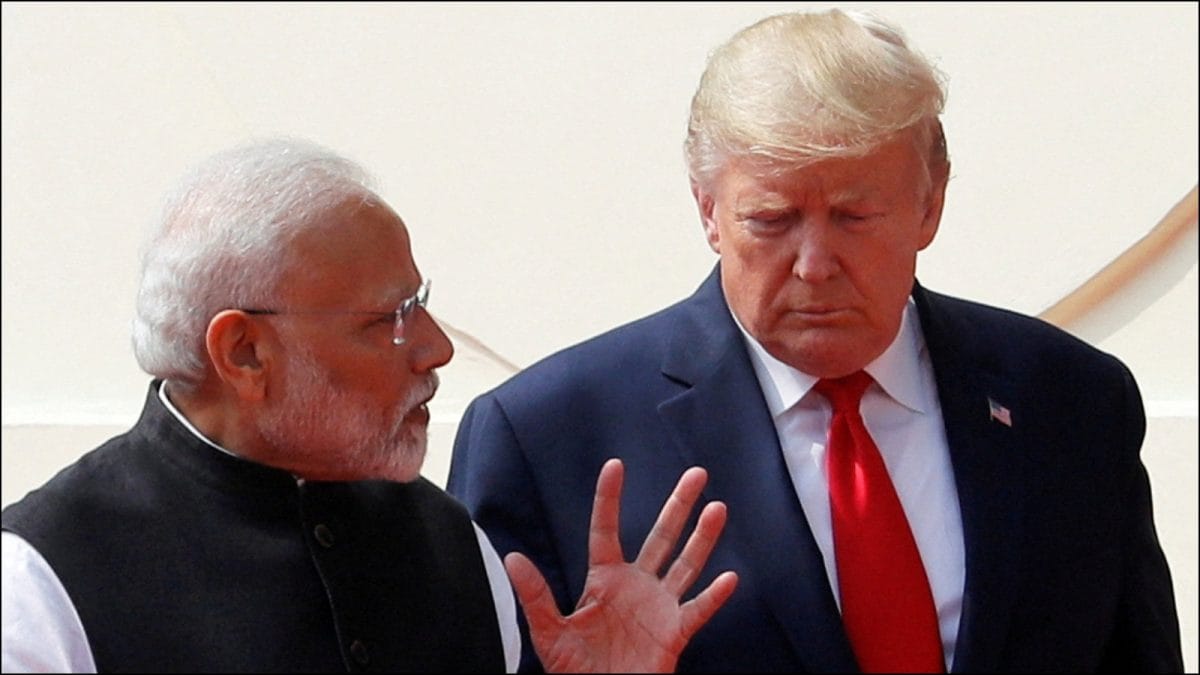When Elon Musk advised Germans to vote for the far-right Alternative für Deutschland (AfD) in elections last year, Manu Hoyer – who lives in the small town where the billionaire had built Tesla’s European production hub – wrote to the state premier to complain.
“How can you do business with someone who supports rightwing extremism?” she asked Dietmar Woidke, the Social Democrat leader of the eastern state of Brandenburg, who had backed the setting up of the Tesla Giga factory in Grünheide.
Hoyer said that in Woidke’s “disappointing, but predictable” answer, he denied the charge. “He said he didn’t know him personally. As if that excused him.”
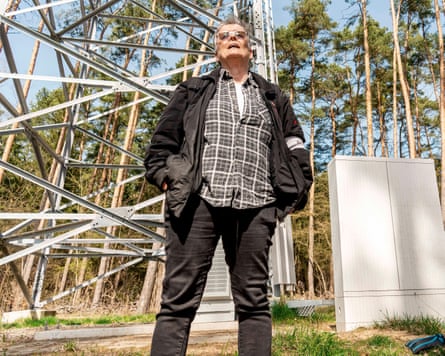
She had co-founded a Citizens’ Initiative to oppose Musk’s plans, announced in 2019, to build in the sparsely populated municipality in the sandy plains south-west of Berlin. The initiative’s fears at the time were largely over the potential environmental impact of the plant on the region’s pine forests and groundwater.
However, more recently it is Musk’s politics that have caused particular alarm. Not only has he offered his high-profile support to far-right European parties, but at a rally after Donald Trump’s inauguration he appeared to twice make the Nazi salute.
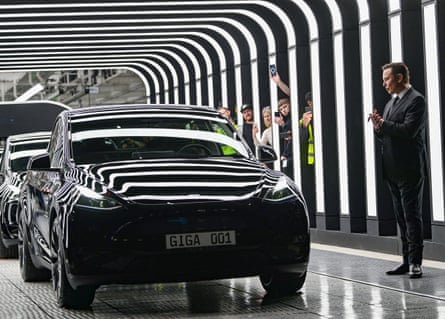
In the meantime Tesla sales have slumped, especially in Europe – where new vehicle sales fell for five consecutive months despite an overall growth in the electric car market.
Heiko Baschin, another member of the citizen’s initiative, said he had been watching with a certain amount of schadenfreude. “We put our hopes in this,” the carpenter said, discussing the change in the company’s fortunes on a recent forest walk in the shadows of the sprawling Grünheide factory.
As sales have declined, the factory has suffered. Shifts manufacturing the Y-Model have been reduced from three to two a day. The trade union IG Metall – which recruited several hundred workers despite opposition from Tesla – has urged the company to consider putting workers on “kurzzeit”, the short-time work allowance much of the embattled car industry has introduced to enable it to retain workers during a downturn.
The regional press has reported how unsold Teslas have been moved on transporters en masse to a former East German airport 60km (37 miles) away, where, hidden behind trees and parked alongside solar panels, they bake in the sun.
Musk’s apparent Nazi salute was in general met with shock and horror in Germany but did not play large in Grünheide, until campaign groups projected an image of it on to the facade of the Tesla factory, provocatively placing the Nazi-associated word “heil” in front of the Tesla logo.
The shock caused by the incident was palpable on the factory floor, workers told the tabloid Berliner Kurier. “At Tesla Germany they had pretended they had nothing to do with (Musk) and were keeping quiet,” it wrote. Now they could no longer ignore their association.
Workers are hard to reach, most having been forced to sign non-disclosure agreements (NDAs). But on Kununu, a job portal where employees can anonymously vent their feelings about their workplace, one Tesla worker has written: “The brand once stood for cosmopolitanism, progress, and tolerance, but now it stands for the exact opposite. That bothers almost everyone here, and you can feel it”.
Almut, a resident of Grünheide, said local politicians were keen to cite the benefits Tesla had brought to the region, but “neglect to mention at the same time the problematic reality that we are subsidising the richest man in the world, who in no way takes any social responsibility for what happens here”.
She said local people joke among themselves about what might take the place of the factory, should Tesla fail. “A munitions factory? A prison? In some ways these would seem like favourable alternatives,” she said. The only positive contribution as she saw it that Tesla had contributed to Grünheide was a robotic lawn mower it had donated to the local football club.
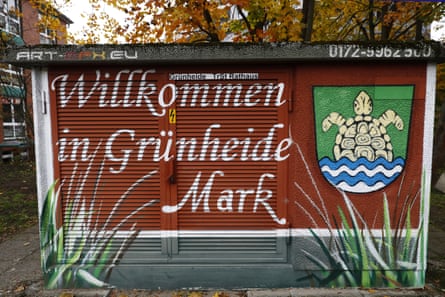
Two weeks before the salute, Musk had followed his endorsement of the AfD in the German federal elections with an hour-long conversation with the anti-immigrant party’s co-leader, Alice Weidel. The two discussed topics including Hitler, solar power and German bureaucracy, which Musk said had required Tesla to submit forms running to 25,000 pages in order to build the Grünheide factory. Unmentioned was the fact that the AfD had vehemently opposed the Tesla factory, citing its fears over US-driven turbo capitalism and a watering down of workers’ rights. “People really need to get behind the AfD,” Musk said.
For Grünheide’s residents who oppose Musk, their preoccupation remains the impact of the factory on their rural community, which is characterised by its woodlands, lakes and rivers.
New cycle lanes and roads have required the felling of large swathes of pine forest, threatening the already perilous supplies of drinking water in a region declared a drought zone, the driest anywhere in Germany.
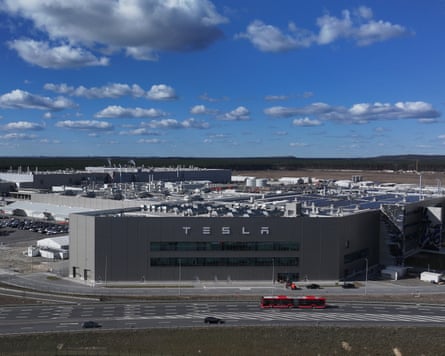
The 300-hectare (740 acre) large factory complex itself is due to be expanded in the near future by a further 100 hectares, under plans signed off by Grünheide’s mayor despite a local referendum in which 62% expressed their opposition.
Supporters point to the 11,000 jobs the factory has created, and the boost it has given to the local economy in a region of the former communist east and which was one of the lowest-performing in the country. Some young people enthuse that the trains to Berlin now run more regularly, the supermarkets are better stocked, and that their home town is now on the map as a beacon of “green capitalism” alongside Shanghai, Nevada and Austin, locations of the other Tesla factories. They hanker for an invitation to the “rave cave” techno dance space Musk has allegedly constructed within the factory complex.
The recruitment page of the factory’s website – which emphasises that diversity is at the core of its business model – shows a lengthy list of positions needing to be filled, from shift managers to maintenance technicians.
Nevertheless, the mood has cooled even among those who used to enthusiastically speak out in favour of Tesla, such as a group of local teenage schoolboys who habitually flew drones over the site when the factory was under construction and proudly posted them on YouTube – until Musk asked them to stop. “Nobody is willing to speak publicly about Tesla/Elon any more … even anonymously,” one told the Guardian via text message, without elaborating.
There was no response to a request for an interview with the company or for access to the factory.
Arne Christiani, the mayor of Grünheide and an unwavering Musk enthusiast, said he was confident Tesla would stay in Grünheide and would thrive. He was unmoved, he said, by what Musk said or did. “You have to distinguish between what happens in the US and here in Grünheide,” he said.
Hoyer, who lives 9km from the factory, said she had not relinquished her dream of one day being able to see a starry sky from her garden again. “Since the factory was built the light pollution from the round-the-clock operation has put paid to that,” she said, showing before and after pictures on her mobile phone.

 1 month ago
1 month ago

